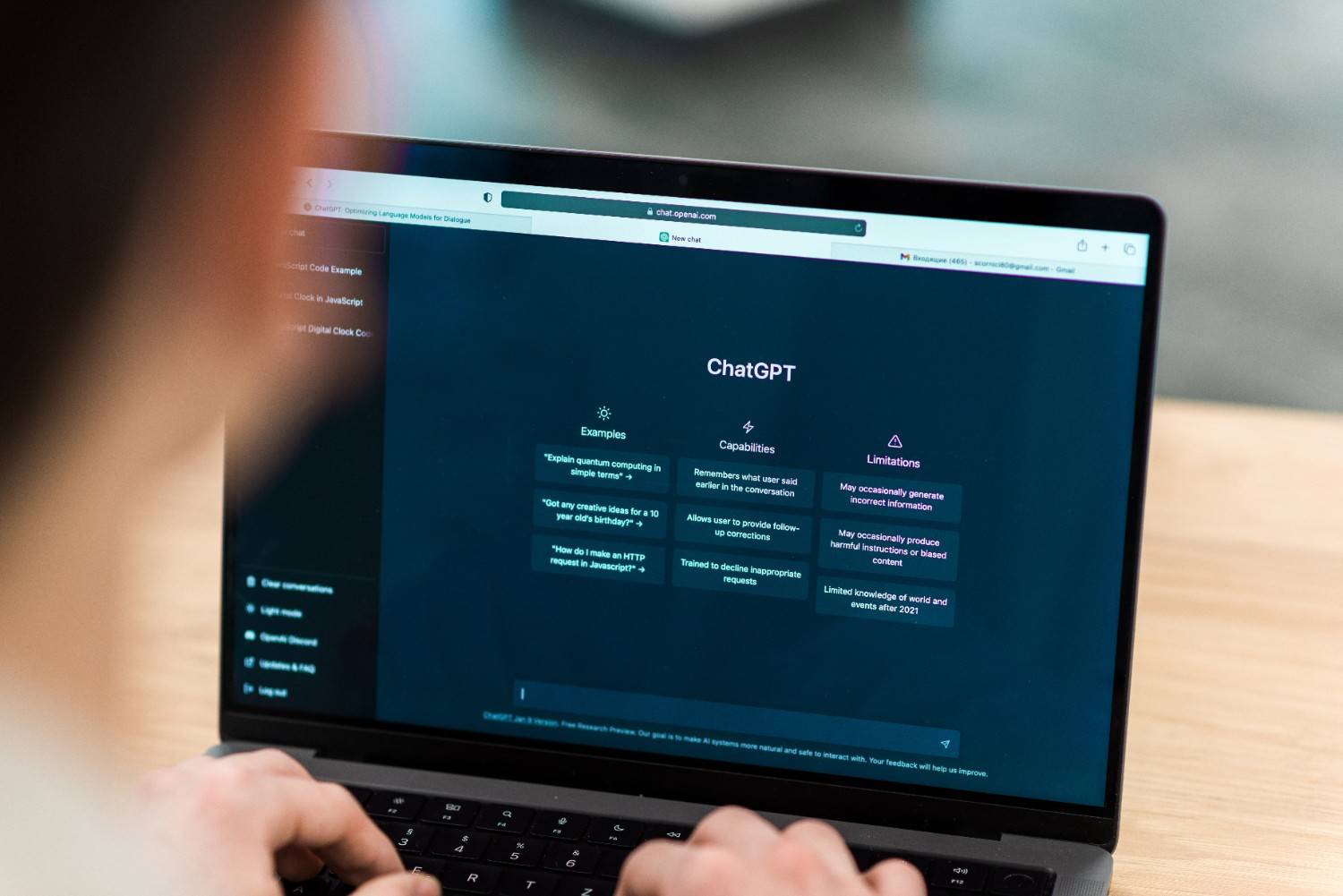Social Media: An Indispensable Marketing Tool for Growth and Survival of MSMEs
The ultimate objective of every business across industries is to increase its return on investment (ROI). Businesses achieve this through increasing business sales and reducing the cost per acquisition. So, enterprises these days seek to take the benefits of social media platforms to stay ahead in the competition.
Joining The Bandwagon
It is reported that both start-ups and Fortune 500 companies are seen making heavy investments in digital marketing strategies to get the desired results in a limited time frame. As companies are joining the bandwagon of digital marketing, one question does arise: “Are social media strategies equally good for the business growth of Micro, Small, and Medium Enterprises (MSMEs)?” The answer is YES, by all means.
Let’s understand the role of MSMEs in the Indian economy and how social media platforms can help them.
A Brief About Micro, Small, And Medium Enterprises (MSMEs)
MSMEs are slated as the backbone of the Indian economy, contributing up to 45% of India’s Gross Domestic Product (GDP). These industries play a critical role by creating employment opportunities for the semi-skilled and unskilled population, contributing to exports, and supporting bigger industries by furnishing finished parts and components, raw materials, and basic goods. So far, MSMEs are using traditional marketing methods to communicate with their clients and increase their sales.
Disadvantages Of Traditional Marketing Methods
Everyone knows the advantages of traditional marketing methods. These methods have a local market reach, a high success rate, easy understanding, and a familiar market tone. Just like every coin has two sides, there are some downsides of traditional strategies, such as:
- It is less engaging, as interaction with customers seldom takes place. Even if it happens, the response time is too high.
- It is an expensive form of marketing with very little or no scope for customization.
- It becomes difficult to make customers aware of the new offers and discounts on an instant basis.
Why Social Media?
It is not wrong to say that traditional marketing methods seem to be losing their grip on dominating the marketing domain. In the past few years, social media has evolved as a powerful marketing tool for businesses of all shapes and sizes. As per the FICCI–Grand Thornton Report “Vision 2020: Implications of MSMEs,” it is highlighted that any product launched on social media gains an upper hand over traditional marketing tactics. This is because social media promotion is a highly cost-effective, distinctively communicative, and instant way to gain maximum exposure.
Moreover, one of the studies conducted by the “Social Media Marketing Industry” states that approximately 90% of marketers strongly believe that social media is prudent for business growth, out of which 82% of participants are employers of small businesses.
If MSMEs use digital marketing, especially social networks, as an integral part of marketing, they will get the following benefits:
Encourages Interaction
The traditional marketing approaches lack communication with targeted customers. On the contrary, a smooth and continuous flow of interaction is one of the major benefits of social media. The social media platforms give a unique opportunity to establish direct contact with customers. These platforms also let businesses listen to customers and understand their requirements. This way, businesses will receive feedback from them and resolve their queries instantly. This allows the brand to make course-correct decisions based on customers’ feedback. Moreover, the response time is fast, thereby letting customers feel privileged when they get an instant reply from a company.
Gives A Boost To A Brand
This promotional tool helps in establishing brand identity by spreading a clear and useful message on an instant basis. Besides, there is no restriction regarding the number of messages a company can send in a day. Thus, the company gets the platform to advertise or announce loudly every time it comes up with something new or exciting.
Increases Customer Satisfaction
Customers these days have become smarter than before. They stick with those brands that value their opinion and make them feel special. When a company responds to their queries or asks their opinion and makes changes in the product line accordingly, they feel privileged. This develops brand loyalty and increases the customer satisfaction rate.
Inexpensive Marketing Strategy
Social media platforms like LinkedIn, Facebook, Twitter, and YouTube help in brand building, encourage customer interaction, and resolve staffing issues of the company in the most cost-effective manner. With limited finances, this marketing tool helps MSMEs to establish their brand presence in the online marketplace. Simultaneously, it gives them the opportunity to compete fairly with established and big players with ease.
Thus, it is clear that including social media marketing strategies in the marketing plan will actually benefit all businesses—regardless of their size. A business should not stop using traditional marketing methods like cold calling, newspaper advertisements, etc., for establishing its market presence. The moot point is that it should allocate a budget for digital marketing activities. The reason social media holds prominence in helping businesses gain a competitive edge in a short span of time.
Digital Marketing Strategies For B2B MSMEs
Creating social media marketing campaigns for B2B customers is an arduous task. It is because a business has to identify two things: targeted audiences and social media channels where the target audience is actively present. The main goal of B2B businesses is to create lead generation. This should be followed by customer retention and an increase in profit. Thus, for B2B, LinkedIn is the best platform for digital marketing for identifying prospective customers. Other social media channels like Twitter, YouTube, etc., also prove effective in establishing a brand identity.
The digital marketing tactics always show profitable results, as they aim at achieving business goals by running the marketing campaigns on more than one social media channel. This increases the marketing campaign’s effectiveness by reducing the failure ratio.
Digital Marketing For B2C MSMEs
So far, Instagram and Facebook have proven to be the best social media channels for MSMEs having a B2C business model. Other popular channels for increasing B2C sales are tweeting on a regular basis on Twitter, uploading blogs on LinkedIn for effective communication, posting promotional videos on YouTube, etc. These social media channels let companies create profiles and stay active by keeping their contact details updated. This helps people to reach them either by dropping a message or by calling them, and helps in lead generation even if employees of the company are not active.
Below is a list of a few proven digital marketing strategies that will help MSMEs to a great extent:
Adding profiles to directories like Google My Business
Advertising on Facebook
Building an email marketing funnel
Content Marketing
Writing a column/article regularly
Joining and making a presence in local business groups
Conclusion:
It is prudent to target the right audience by knowing their preferred communication channel to get the desired benefits of digital marketing campaigns. Moreover, MSMEs should implement various online marketing strategies on social media at one point in time as per their needs and capabilities. In order to get successful results with digital marketing, it is necessary to keep innovating and remain consistent with your efforts. This is because nobody knows when and which combination of strategies would work and deliver the result.
No company can guarantee the success rate of a single social media strategy. Therefore, MSMEs must take an active interest in digital marketing campaigns to improve the visibility of their businesses. But remember not to treat these platforms as replacements for offline marketing strategies like print advertisements, banners, etc. MSMEs need to understand and maintain the proper balance between online and offline strategies to grow and succeed.








